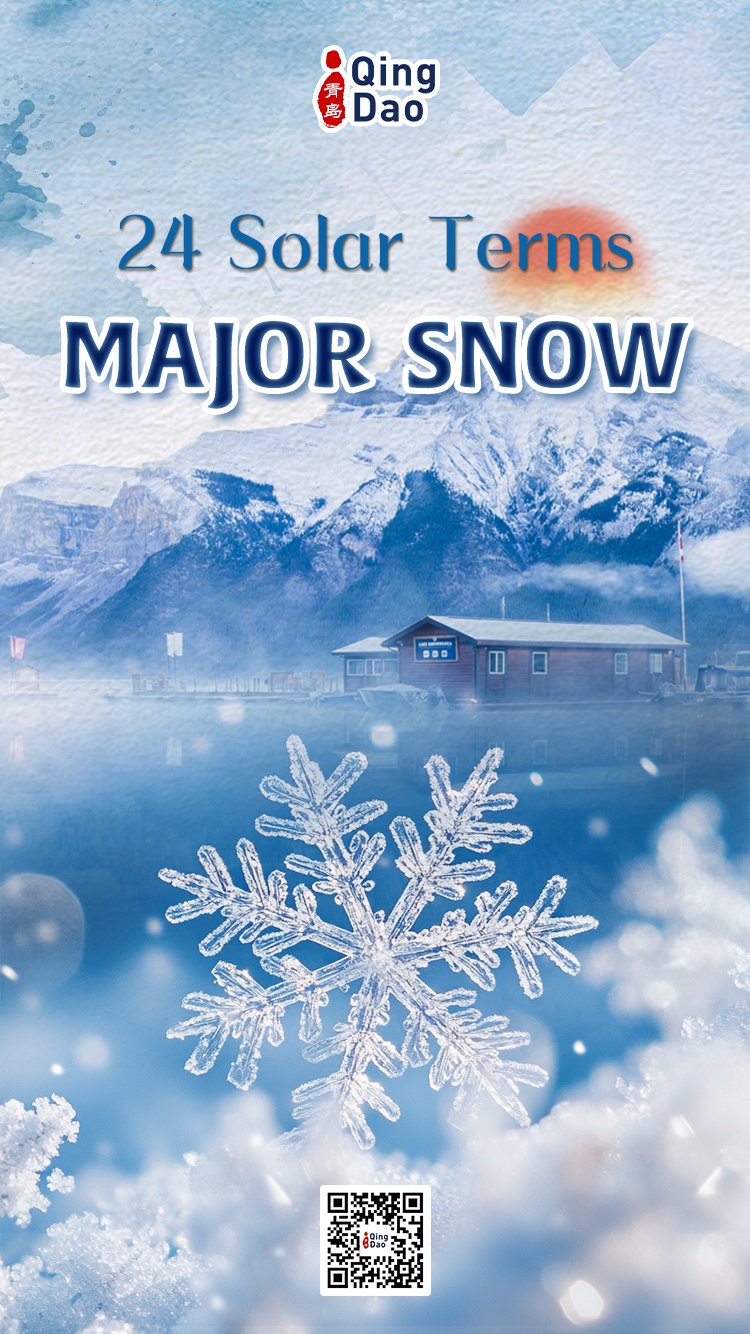Major Snow, the last of the Twenty-Four Solar Terms in the traditional Chinese calendar, falls on January 20 this year. It signifies the peak of winter’s chill, heralding the time when coldness is most intense before gradually giving way to warmer days.

While Major Snow brings the harshest cold, this period is also imbued with hope and vitality in Chinese tradition. An old farming saying goes, “if Major Snow lacks cold, the coming year won’t be prosperous,” implying that a proper cold spell during Major Snow can ensure better harvests for the following year. Thus, people embrace the cold, seeing it as essential for future abundance.
In terms of customs, different regions have their unique activities. In the north, there is a tradition of eating frozen pears, believed to soothe the lungs and alleviate coughs; in some parts of the south, drinking chicken soup is popular for nourishing the body and fighting the cold. Other traditional activities include cooking Laba porridge and preparing preserved meats, all related to preparing for the Chinese New Year celebrations. As the Spring Festival approaches, families become busy cleaning houses, pasting spring couplets, and purchasing New Year goods—all preparations to celebrate the upcoming new year.
Though Major Snow is marked by its intense cold, it embodies the anticipation of a promising future and serves as a pivotal moment of transition between the old and the new. By honoring and innovating these ancient customs, we preserve cultural heritage and enrich modern life with vibrant traditions.
(By Yang Jiming/ Qi Qian)




